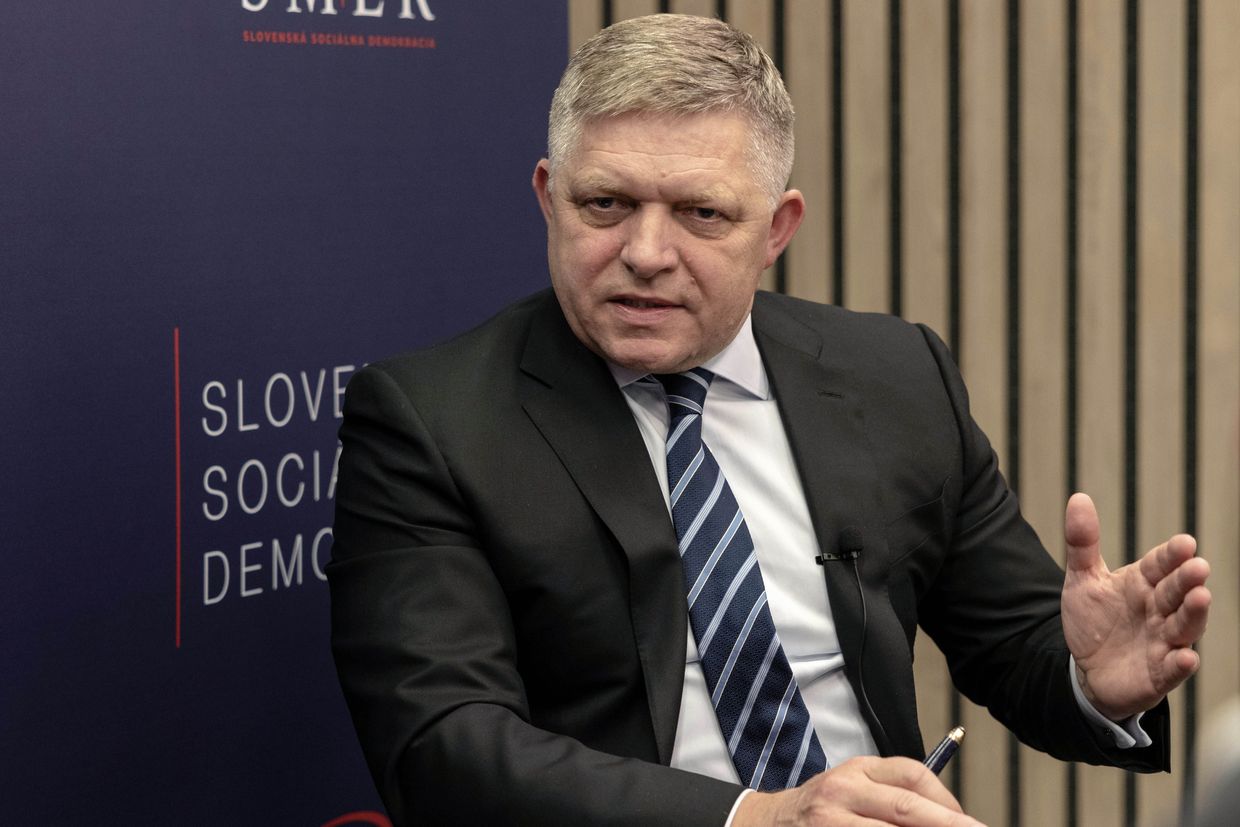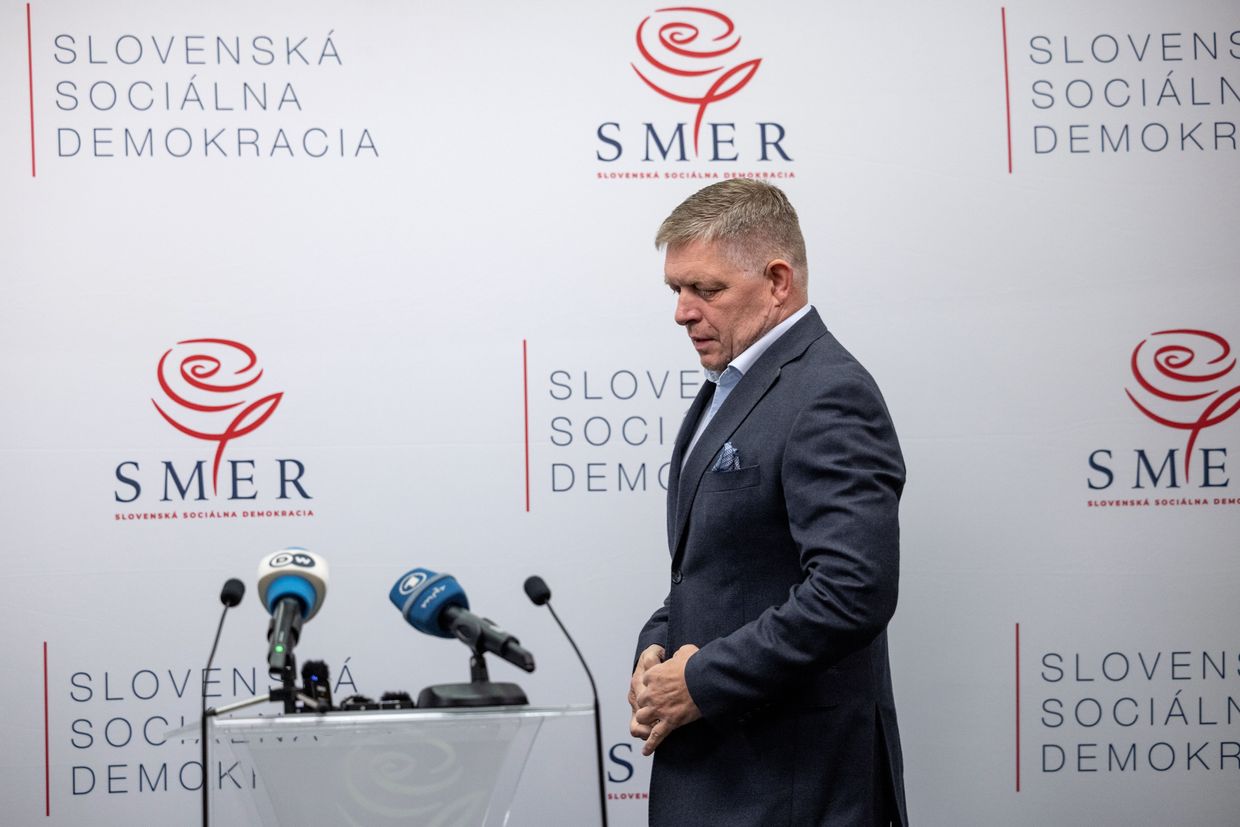Slovakia's 'kingmaker' party politician says Ukraine should give up territory for peace

Ukraine will likely have to give up some of the territory occupied by Russia since 2014 to achieve peace, Denisa Saková, deputy head of Slovak Hlas (Voice) party, told Czech Television on Oct. 1.
Running on a social-democratic platform, Hlas won 14.7% of the votes in the recent Slovak parliamentary elections. This makes the party a likely "kingmaker" in the upcoming coalition negotiations and a potential coalition partner for the victorious pro-Russian Smer (Direction) party.
"We won't be, most likely, able to preserve Ukraine's territorial integrity as it was before 2014," Saková said.
"That is why I believe peace negotiations should start on a diplomatic level to determine where the borders should be."
Saková also told Czech Television journalist that negotiating land concessions is only a later step in potential peace talks, which must be necessarily preceded by the start of actual negotiations.
"Because of the war in Ukraine, Europe ended up in an economic recession, and this must be solved if we want to keep the high living standards that we enjoy in Europe, likely some of the highest in the world," she added.
Smer, whose leader Robert Fico vocally opposes support for Ukraine, won the Sept. 30 vote with 22.9%, beating its liberal pro-Western challenger Progressive Slovakia (PS) by five percentage points.
The position of Hlas makes it a strong potential coalition partner for the two leading parties.
Peter Pellegrini, the leader of the Hlas party and Slovakia's prime minister between 2018 and 2020, did not say definitively who will receive his party's backing.
However, he pointed out that Hlas and Smer share a social democratic platform and that an alliance of three parties would be the most stable option. Without the support of Smer, Hlas would need at least three more partners to form a government.
PS's head, Michal Šimečka, said shortly after the elections that his party would do everything to prevent Smer from building a government.
The liberal party's leader has previously promised to maintain support for Ukraine. Šimečka stressed that a reversal of Slovakia's current position of providing support would put the nation at odds with other EU and NATO countries and could cause Slovakia to become isolated.














